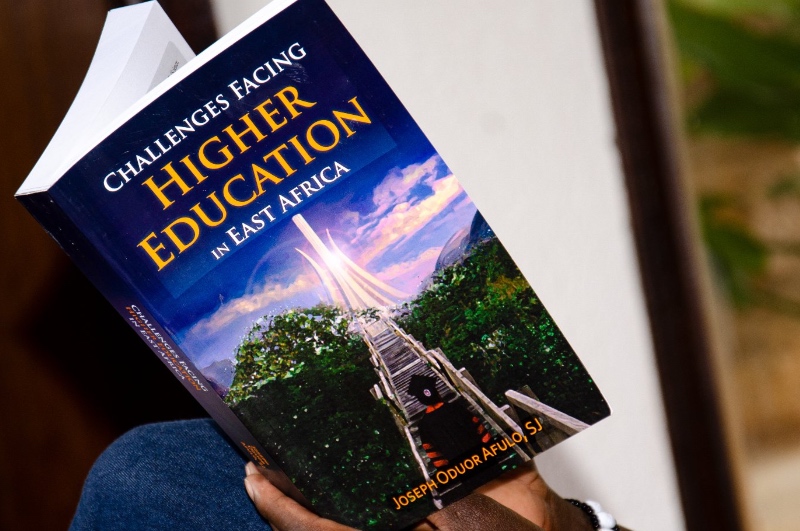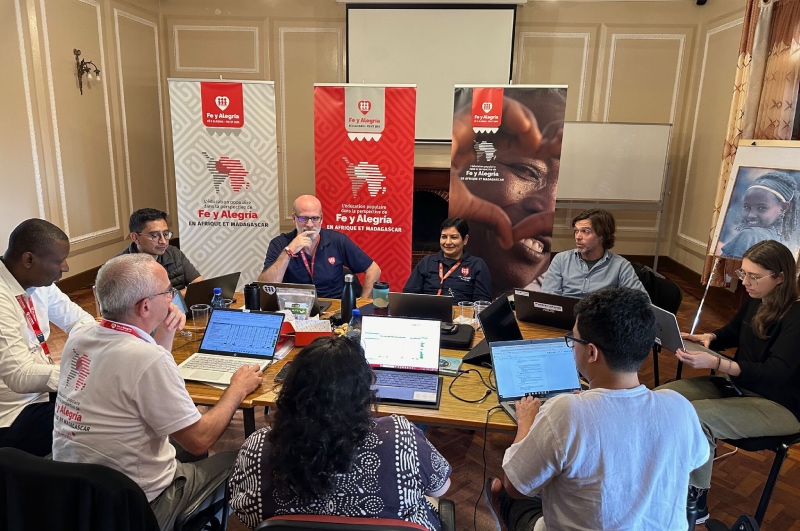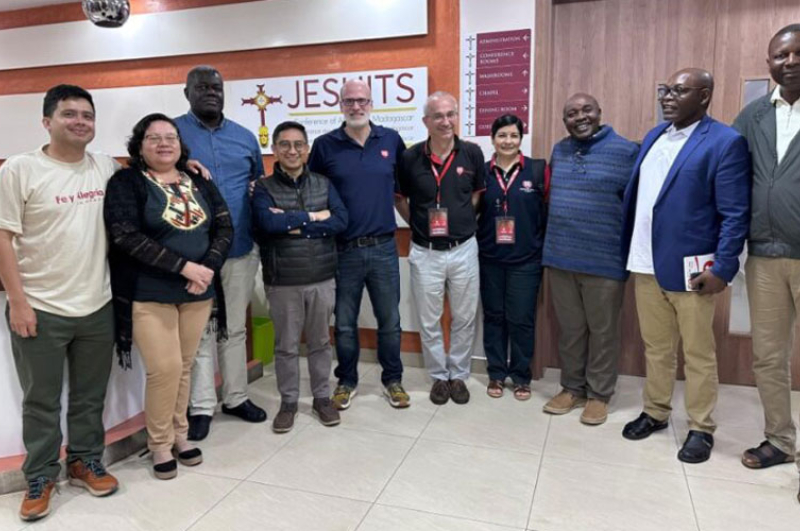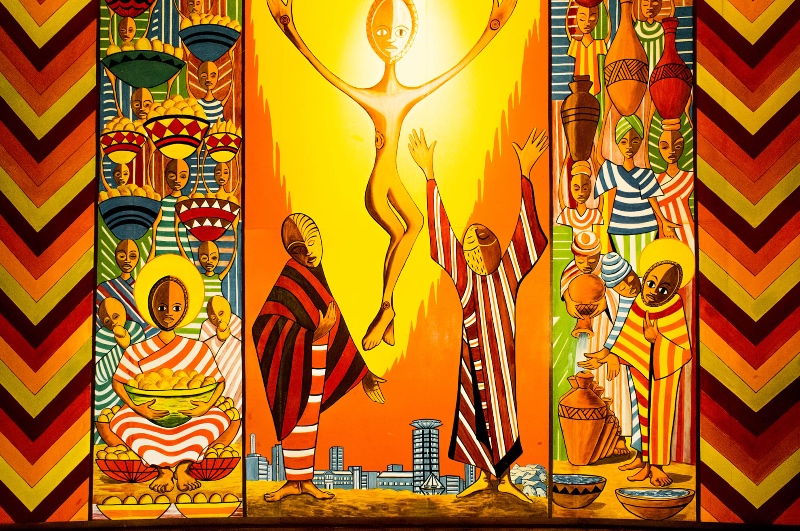

On Saturday, June 28, 2025, in Abidjan, the School of Theological and Spiritual Formation (French acronym: ECOFORTS) concluded its activities for the 2024-2025 academic year.
This year, we had two new features. First, the ceremony for awarding certificates and attestations, as well as the Eucharist, were separated and took place in the amphitheater. In previous years, the chapel of the Institute of Theology of the Society of Jesus (French acronym: ITCJ) was used. The second new feature was the presentation of certificates of achievement to the first graduates of the Bachelor of Applied Theology (French acronym: LTA) program. As a reminder, ECOFORTS offers two programs. There is the Certificate of Initiation to Theology (French acronym: CIT), which lasts nine months, from October to June, and whose courses are held in person on Saturday mornings. Then there is the Bachelor of Applied Theology, which lasts four years and whose courses are held both online and in person. These programs are aimed at lay people and various pastoral workers (nuns also participate).
The ceremony began at 9:45 a.m. in a half-filled amphitheater. The graduates entered in procession to the music of the choir, which provided entertainment. The master of ceremonies was Mr. Gogori Tchakari Cyriac, a second-year student at the LTA. Father Emmanuel Muzinga, SJ, in the opening prayer, entrusted ECOFORTS, its instructors, and its students to the mercy of God. After him, Father Aurélien Folifack, SJ, Director of ITCJ, in his speech, recalled the history and progress of ECOFORTS since the project's conception by the permanent professors of ITCJ in 2011 until today. The head of ECOFORTS, Father Loïc Mben, SJ, then took the floor to give thanks to God for the activities accomplished over the past twelve months by ECOFORTS. The sponsor of the ceremony, Barrister Zinda Philippe Sawadogo, a lawyer at the Ivory Coast Bar and a committed Christian, delivered a very beautiful exhortation to the new graduates. He said that the theological knowledge acquired should not be misused and that the recipients should be true Christians. The distribution of certificates and attestations followed. Nine people—including nuns—received the CITs, although not all were present. I would like to point out that the CIT is obtained after diligently completing the nine scheduled courses and producing a synthesis work.
Regarding the LTA, we awarded eleven certificates in pastoral theology, nine certificates in systematic theology, and four certificates in biblical theology. It was only after all this that we finally gave the end-of-cycle certificates to the first graduates of the cycle. There are six of them in total, three men and three women, including one non-Catholic. They were dressed in magnificent gowns sewn for the occasion. It should be noted that to obtain the LTA, you must first pass the 36 courses divided into four certificates (Bible, Systematics, Morals, Pastoral); then, you must submit a 20-page mini-thesis; and finally, you must pass the written and oral tests of the final exam. The last certificate awarded was the Certificate of Excellence, which went to Mr. Dossou Kossou Aristide, a fourth-year LTA student who was nominated by his peers. In all, twenty-four (24) students received thirty-five (35) certificates or attestations, twelve women (three nuns) and twelve men. At the initiative of the fourth-year students, prizes were awarded to Fathers Folifack and Mben.
Immediately after the ceremony, the Eucharist followed and it was presided over by Father Mben with Fathers Muzinga and Folifack as concelebrants. Father Folifack gave the homily in which he emphasized Abram's hospitality to God at the oak of Mamre (Gen 18). The Eucharist ended after 1 p.m., and a festive meal was organized on the esplanade of the amphitheater. The day was beautiful and very sunny.
Related Articles
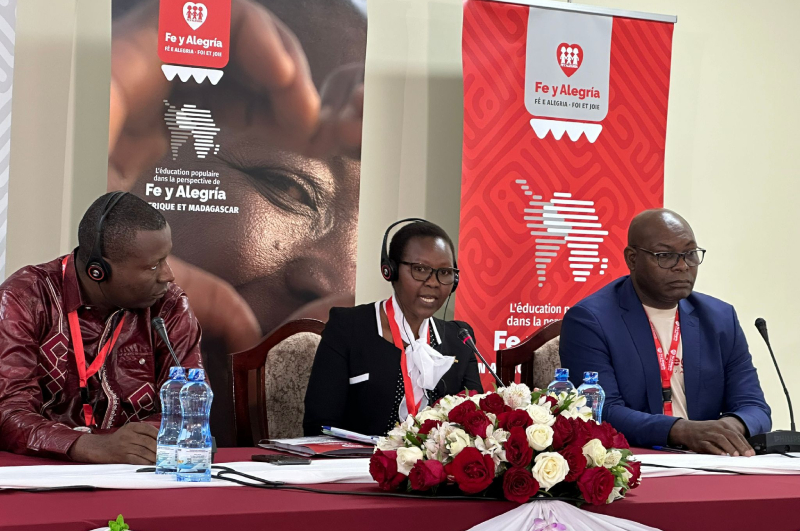

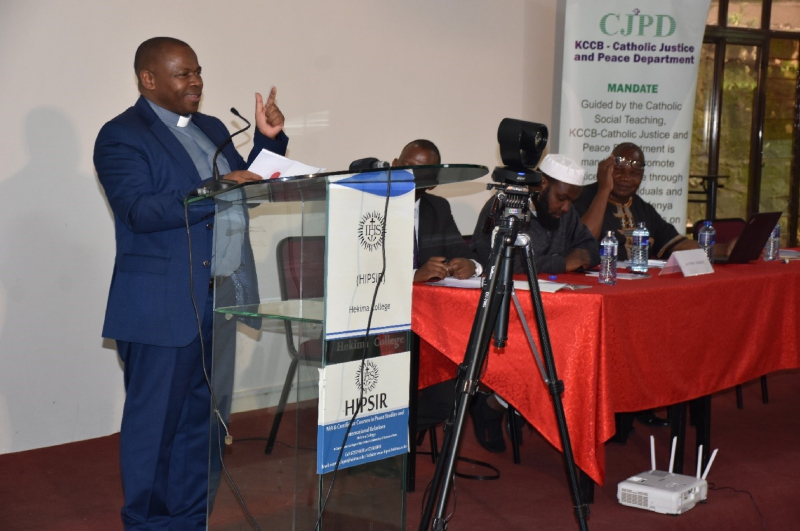
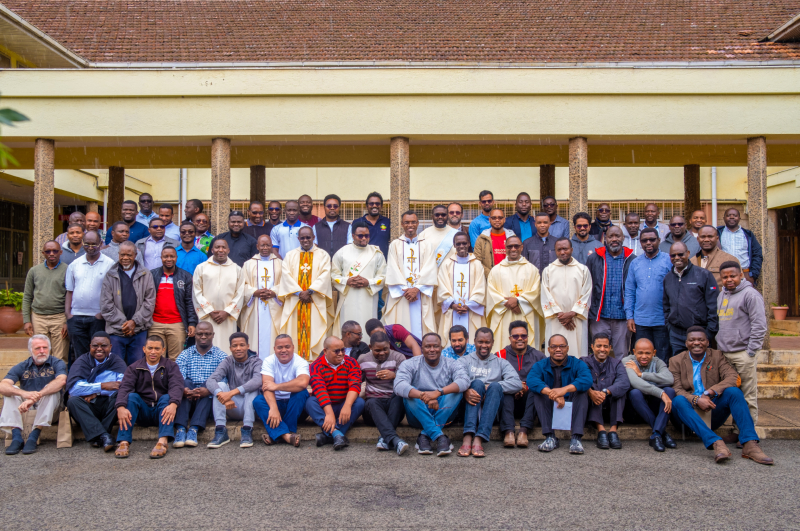
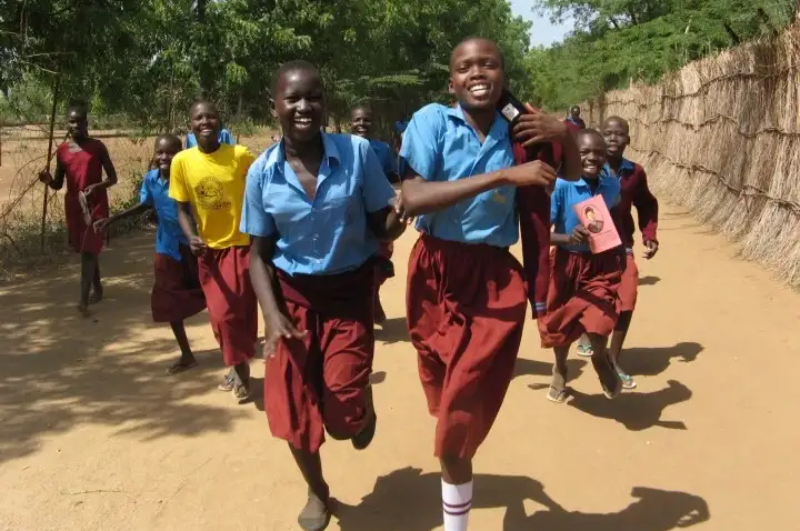
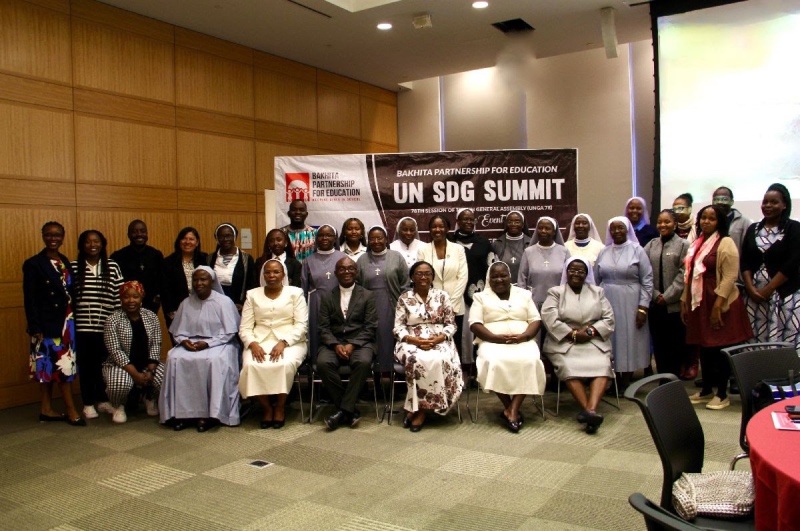
Select Payment Method
Pay by bank transfer
If you wish to make a donation by direct bank transfer please contact Fr Paul Hamill SJ treasurer@jesuits.africa. Fr Paul will get in touch with you about the best method of transfer for you and share account details with you. Donations can be one-off gifts or of any frequency; for example, you might wish to become a regular monthly donor of small amounts; that sort of reliable income can allow for very welcome forward planning in the development of the Society’s works in Africa and Madagascar.
Often it is easier to send a donation to an office within your own country and Fr Paul can advise on how that might be done. In some countries this kind of giving can also be recognised for tax relief and the necessary receipts will be issued.




